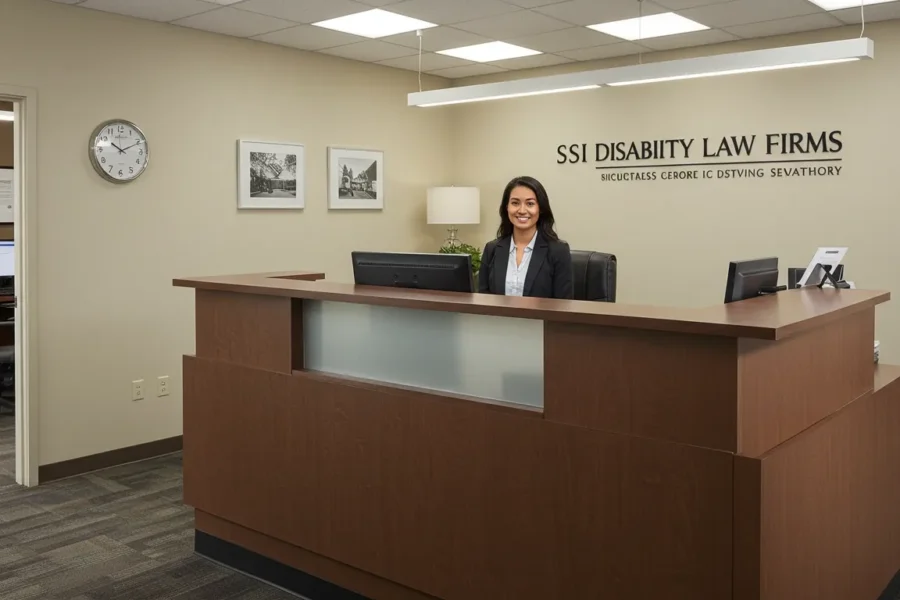Table of Contents
In Arizona, understanding the concept of “Backyard Expectation of Privacy Arizona Law” is essential when it comes to privacy rights, especially concerning surveillance and security camera use. People often wonder about the legal boundaries of surveillance on their property and how it affects their privacy. This article explores Arizona law on privacy, security camera use, and the expectations of privacy in your backyard.
The Role of Security Cameras in Surveillance and Law Enforcement
Security cameras are increasingly used for monitoring both public and private spaces. In Arizona, cameras placed in public areas, like streets or parks, typically fall under different legal standards compared to those used for private properties, such as backyards. These cameras play a crucial role in deterring crime, aiding investigations, and maintaining public order.Surveillance Systems Used by Law Enforcement in Arizona
Arizona law enforcement agencies utilize various surveillance systems to monitor public safety. These include fixed-position cameras, body cameras on officers, and even drone surveillance. These systems are used to gather evidence, ensure public safety, and enhance law enforcement operations across the state.
Understanding Privacy and Surveillance Laws in Arizona
Backyard Expectation of Privacy Arizona Law vary between different settings. At home, individuals have a higher expectation of privacy, especially in areas like their backyards. This expectation is legally protected, meaning that unauthorized surveillance in such areas could violate a person’s privacy rights. Public places, on the other hand, offer a lower expectation of privacy.
The law provides individuals with a “reasonable expectation of privacy” in certain areas, including backyards. This means that homeowners can expect privacy in their personal outdoor spaces, and they have legal recourse if someone violates that privacy, such as by using surveillance equipment without consent.
Surveillance Laws in Arizona: Impact on Law Enforcement
Backyard Expectation of Privacy Arizona Law, surveillance and recording are governed by a mixture of state and federal laws. These laws regulate how and where video surveillance can be used by both private individuals and law enforcement. For example, public cameras may be legally installed in areas like streets or public parks, but private property cameras, such as those in backyards, are subject to stricter regulations.
When law enforcement agencies use video surveillance, they must adhere to strict guidelines to ensure that privacy rights are not violated. These include obtaining proper warrants or legal permissions before placing cameras in private spaces like homes and backyards. Unauthorized surveillance could lead to legal challenges and violations of the Fourth Amendment.
Video Recording and Privacy Rights in Arizona
Backyard Expectation of Privacy Arizona Law enforcement uses video recording extensively to investigate crimes, monitor public areas, and gather evidence. However, when it comes to private property, like backyards, the use of video recording by law enforcement requires clear justification. Authorities need a warrant or other legal basis to monitor private properties.
While law enforcement agencies need surveillance tools to keep communities safe, they must balance these needs with the privacy rights of individuals. Arizona law provides safeguards against excessive surveillance in private areas, ensuring that video recording on private property only happens when necessary and lawful.
Home Security Systems and Law Enforcement Operations
Home security systems are often integrated into law enforcement investigations when crimes occur near private residences. In some cases, law enforcement may request access to security footage from private citizens’ cameras, provided that proper legal processes are followed. This integration helps solve crimes while protecting citizens’ privacy rights.
Backyard Expectation of Privacy Arizona Law requires homeowners to consider both privacy and legal issues when installing surveillance systems. Cameras aimed at private areas, such as backyards, should not infringe upon others’ privacy rights. Additionally, homeowners should be mindful of the boundaries of their property and avoid capturing footage of neighbors’ yards or public spaces.
Also Read: Law Enforcement Operations Warwick NY: Town and Village Police Departments
Trespass and Surveillance: What You Need to Know
Backyard Expectation of Privacy Arizona Law, trespassing laws play a key role in determining where surveillance cameras can be placed. Cameras that capture footage beyond one’s property line or invade a neighbor’s private space could be considered a form of trespassing. Homeowners must ensure that their security cameras do not infringe upon the privacy rights of others.
The law in Arizona sets clear boundaries for placing security cameras. Cameras should not be directed at areas where individuals have a higher expectation of privacy, such as their backyards or inside their homes. If cameras are installed improperly, homeowners could face legal action for violating privacy rights.
Workplace Surveillance Laws and Law Enforcement
Workplaces in Arizona are subject to specific surveillance laws that govern how employers can monitor employees. These laws ensure that surveillance, such as video recording and audio monitoring, is conducted in a way that respects employees’ privacy rights while protecting business interests.
In some cases, law enforcement may request access to workplace surveillance footage during criminal investigations. This is typically allowed if the footage is relevant to the case, and law enforcement has obtained proper authorization. However, the use of workplace surveillance footage is carefully regulated to avoid violating privacy rights.
Arizona’s Surveillance and Camera Laws: Comparison to Warwick, NY
While both Arizona and New York have strict laws governing surveillance, there are some key differences. Arizona tends to have more relaxed regulations regarding public surveillance, while New York places a greater emphasis on privacy protections, especially in private settings. Understanding these differences is essential for law enforcement and residents alike.
Backyard Expectation of Privacy Arizona Law, governing public surveillance in Arizona allow law enforcement to monitor certain public spaces more freely than in other states. This can have a significant impact on how law enforcement operates, providing them with more tools for surveillance and monitoring.
Final Thoughts
Balancing the need for law enforcement to monitor and secure communities with the privacy rights of individuals remains a challenge. Backyard Expectation of Privacy Arizona Law surveillance laws strive to protect individuals’ privacy, especially in private areas like backyards, while still allowing law enforcement the tools necessary to keep people safe. As technology advances, these laws will continue to evolve, ensuring that both privacy and security are respected.





